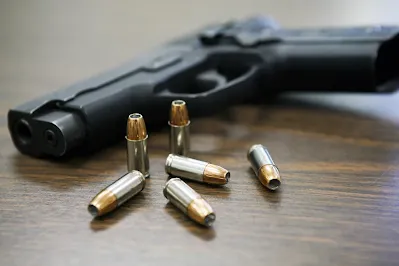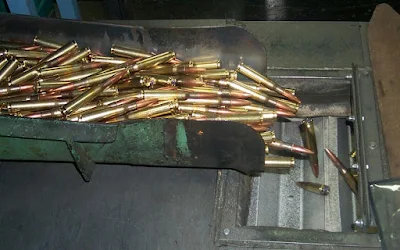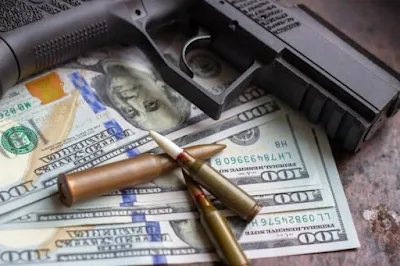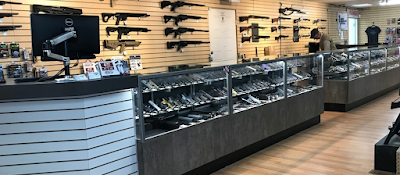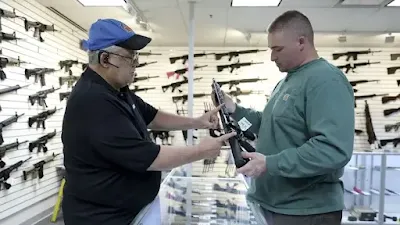In a recent judicial decision, a Colorado federal judge declared that the Second Amendment does not encompass the right to purchase firearms. This pronouncement emerged from the Rocky Mountain Gun Owners v. Polis case, which questioned Colorado’s law imposing a three-day waiting period on firearm purchases. This ruling stands in contrast to the U.S. Supreme Court's broader interpretation of the Second Amendment, particularly as illustrated in the New York State Rifle & Pistol Association v. Bruen case.
Find Gun & Ammo Deals on Gun Coyote
The Supreme Court in Bruen asserted that activities explicitly covered under the Second Amendment are presumptively protected, setting a precedent that challenges the validity of Colorado's waiting period law, as such laws were unfamiliar to the era when the Second Amendment was formulated.
Judge John L. Kane, who was appointed in 1977, reached a controversial conclusion in his ruling. He argued that the right to possess firearms, as recognized by the Supreme Court in the 2008 District of Columbia v. Heller case, does not inherently include the right to purchase them. He reasoned that while the Second Amendment doesn’t explicitly mention the purchase of guns, the First Amendment similarly doesn’t specify the purchase of newspapers, yet an implied right exists there.
Judge Kane also provided several alternative viewpoints to support the Colorado law. He suggested that the Founders did not envisage immediate availability of firearms, a point he tried to substantiate with expert testimony on historical firearm purchase conditions. However, the experts conceded that the difference in purchase convenience between then and now was more due to technological and logistical advancements rather than legislative intent.
Moreover, Kane cited the Heller case to argue that regulations on the commercial sale of firearms were "presumptively lawful." He differentiated between regulations on sellers versus purchasers, a distinction criticized as artificially separating the interconnected rights of buyers and sellers. Additionally, Kane drew parallels between laws regulating the use of firearms by intoxicated individuals and the waiting period, arguing both aimed to prevent impulsive misuse of firearms.
Despite these arguments, Judge Kane’s rationale has been scrutinized for potentially diverging from the historical approach mandated by the Supreme Court in the Bruen case. Critics argue that his interpretations could lead to misapplications of the Second Amendment, especially when considering modern technological and societal contexts. This ruling thus highlights the ongoing debate and complexities surrounding Second Amendment interpretations and gun control legislation.






